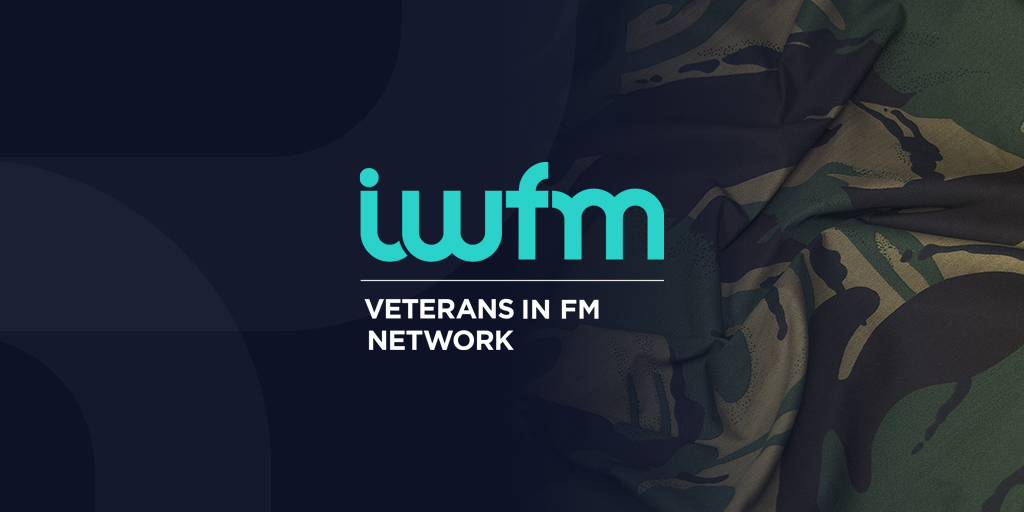“Let's shape a future where military experience is seen as an asset in workplace and facilities management”
News
- Professional Performance
13 August 2024


Last year we launched the Veterans in FM Network, a dedicated career route for veterans to network and support each other in their workplace and facilities management (WFM) careers. Veterans possess an array of skills, experiences and ambitions, so we’re keen to highlight individuals from this rich talent pool to better understand their different WFM paths.
One such individual is Louisa Clarke, Director of One Feather Coaching & Consultancy and Chair of the IWFM Veterans in FM Network. Clarke served in the Royal Air Force from 1996, where she spent a decade as a Movements Controller. Clarke spoke to us about utilising resilience to get ahead, the importance of qualifications and the benefits of employing service leavers in WFM.
How did you prepare for your transition to civilian life and a new career path?
My transition was unique and challenging, marked by postnatal depression. I didn't take resettlement assistance, plus navigating the transition out of the RAF posed challenges like adjusting to civilian life and finding a new professional identity beyond the structured military environment.
To overcome these challenges, I capitalised on my transferable skills. I embraced new opportunities and cultivated a resilient mindset, enabling a successful adaptation to the demands of civilian life while leveraging my military experience to excel in my subsequent career.
These days there's plenty of support available, I’d highly recommend considering your future and aligning your resettlement. If it’s stepping into WFM, look to take an industry qualification and join IWFM’s Veterans in FM network.
What transferable skills and experiences from your service have been the most valuable in your WFM career?
Adaptability, operational agility, robust leadership and unwavering resilience. These skills are crucial for efficiently addressing ever-changing challenges, leading diverse teams and maintaining operational excellence.
The ability to adapt, think strategically and demonstrate resilience ensures a successful navigation of WFM’s complexities. That said, it's not solely about adapting your skill set; it's crucial to comprehend how your skills translate to the civilian environment. Seek support from fellow network members who can provide valuable insights.
Pursuing WFM qualifications, including those from IWFM, NEBOSH, and IOSH, has proven to be highly advantageous in enhancing professional capabilities and aligning with industry standards.
Veterans, in general, bring a set of unique perspectives and skills to WFM, making it dynamic and fulfilling. The capability to adeptly handle diverse challenges and lead teams effectively are distinctive hallmarks of military experience that seamlessly translate into WFM’s multifaceted landscape.
What steps did you take to network and make connections in WFM?
Leveraging LinkedIn, joining IWFM and volunteering in committees provided powerful networking opportunities. While being a veteran may not have directly swung open doors, committing to the Armed Forces Covenant and attaining gold recognition helped me effectively forge connections with people and organisations sharing similar values.
I advise service leaders to recognise WFM’s vast array of opportunities that align well with military skill sets. To facilitate a smooth transition, consider joining veterans’ networks for valuable support; seek assistance with crafting a compelling, industry-tailored CV; plus, explore WFM qualifications to enhance your professional credentials.
Veterans: let's shape a future where military experience is seen as an asset in civilian work.
To find out more about Veterans In FM’s work, click here or visit us on LinkedIn.
